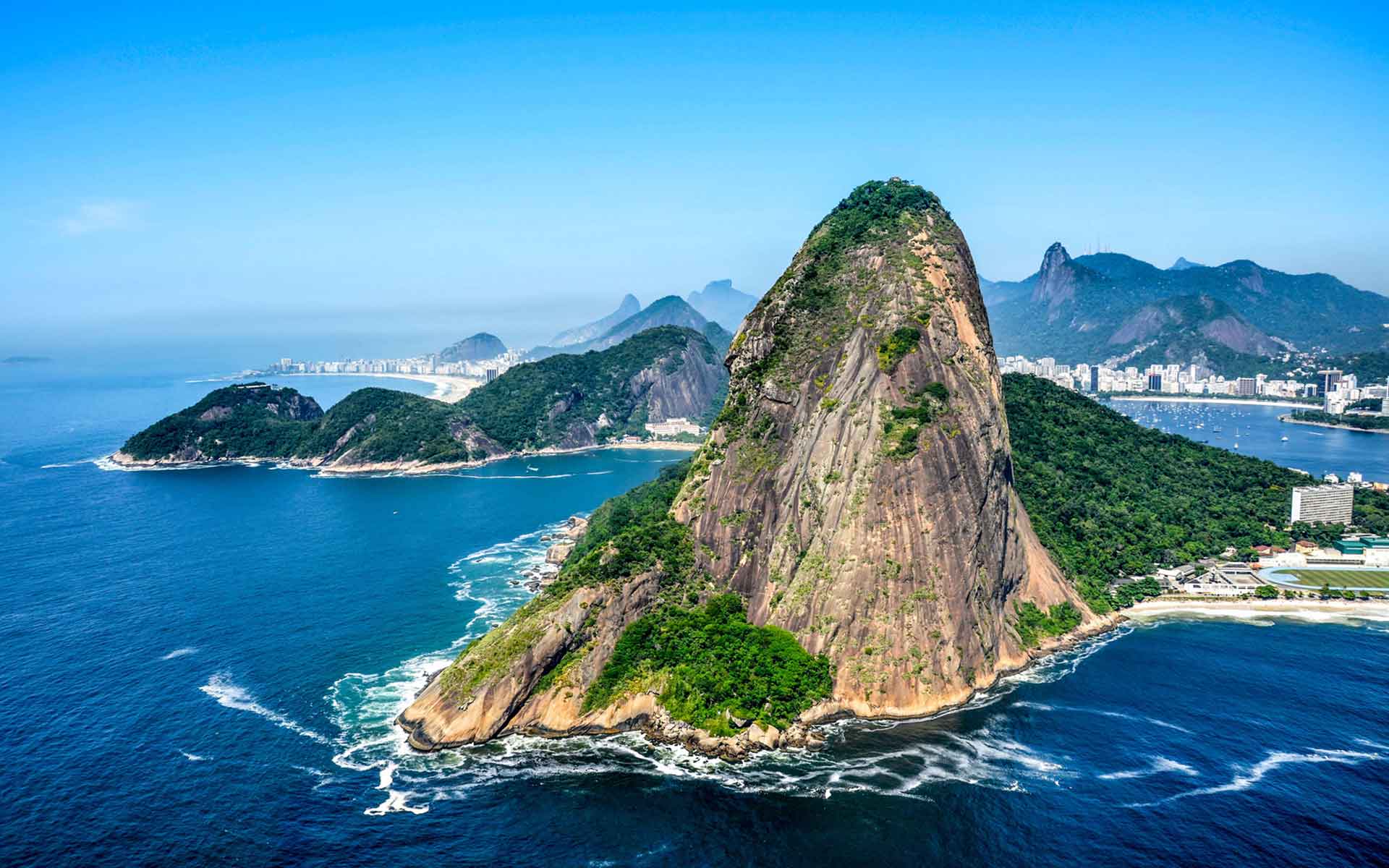
We put together this 28 De Janeiro: Brazil's Historic Independence Day guide to help target audience make the right decision.
FAQ
Explore commonly asked questions and comprehensive answers regarding Brazil's significant Independence Day, commemorated on 28 De Janeiro.

JUSTIN BIEBER - Justin Bieber on stage in Rio De Janeiro, Brazil.... - Source rauhlxbieber.tumblr.com
Question 1: What historical event is celebrated on 28 De Janeiro?
28 De Janeiro marks the anniversary of Brazil's declaration of independence from Portugal in 1822, a pivotal moment in the nation's history.
Question 2: Who proclaimed Brazil's independence?
Dom Pedro I, the Prince Regent of Brazil, famously uttered the iconic phrase "Independence or Death!" on the banks of the Ipiranga River, officially declaring the country's separation from Portuguese rule.
Question 3: What significance does 28 De Janeiro hold for Brazilians?
28 De Janeiro is a national holiday in Brazil, commemorating the birth of the nation and symbolizing national pride, unity, and freedom.
Question 4: How is Independence Day celebrated in Brazil?
Celebrations typically include military parades, patriotic speeches, fireworks displays, and cultural events showcasing Brazil's rich heritage.
Question 5: What are the traditional colors associated with Independence Day?
The colors of the Brazilian flag - green, yellow, and blue - are prominently displayed during Independence Day celebrations, representing hope, prosperity, and the nation's geographical diversity.
Question 6: What is the importance of commemorating Independence Day?
Commemorating Independence Day serves to honor the nation's history, foster patriotism, and inspire future generations to uphold the values that shaped Brazil's identity.
Understanding the significance and traditions surrounding 28 De Janeiro provides a deeper appreciation for Brazil's rich history and national spirit.
Tips for Celebrating Brazil's Historic Independence Day

The Sugar Loaf monolith of Rio de Janeiro - IUGS - Source iugs-geoheritage.org
Brazil's Independence Day, celebrated annually on 28 De Janeiro: Brazil's Historic Independence Day, is a time to reflect on the country's rich history and celebrate its cultural heritage. Here are some tips for making the most of this special day:
Tip 1: Attend a Civic Ceremony
Many cities and towns across Brazil hold official civic ceremonies on Independence Day. These ceremonies typically include speeches, music, and flag-raising ceremonies. Attending a civic ceremony is a great way to learn about Brazilian history and show your patriotism.
Tip 2: Visit a Historical Site
Brazil is home to many historical sites that tell the story of its independence. Some popular sites to visit include the Ipiranga Museum in São Paulo, where Emperor Pedro I proclaimed Brazil's independence, and the Tiradentes Palace in Rio de Janeiro, which was once the seat of the Brazilian government.
Tip 3: Enjoy Traditional Food and Drinks
No celebration is complete without food and drinks! On Independence Day, be sure to try some of Brazil's traditional dishes, such as feijoada (black bean stew), churrasco (grilled meat), and caipirinha (a cocktail made with cachaça, lime, and sugar).
Tip 4: Participate in Cultural Activities
Many cities and towns across Brazil host cultural activities on Independence Day. These activities may include parades, concerts, dance performances, and art exhibitions. Participating in these activities is a great way to experience Brazil's vibrant culture.
Tip 5: Display the Brazilian Flag
On Independence Day, it is customary to display the Brazilian flag in your home or on your car. This is a simple but meaningful way to show your pride in your country.
Celebrating Brazil's Independence Day is a great way to learn about the country's history, culture, and traditions. By following these tips, you can make the most of this special day.
Summary of key takeaways or benefits:
- Attending a civic ceremony is a great way to learn about Brazilian history and show your patriotism.
- Visiting a historical site is a great way to experience Brazil's vibrant culture.
- Enjoying traditional food and drinks is a great way to experience Brazil's rich culinary heritage.
- Participating in cultural activities is a great way to experience Brazil's vibrant culture.
- Displaying the Brazilian flag is a great way to show your pride in your country.
28 De Janeiro: Brazil's Historic Independence Day
Known as Dia da Independência, this momentous day marks Brazil's emancipation from Portuguese rule and holds immense significance in the nation's history.
- Emancipation: End of Portuguese colonial rule
- Freedom: Independence after centuries of subjugation
- Nationalism: A surge of patriotic fervor and unity
- Symbolism: Prince Pedro I's renowned "Cry of Ipiranga"
- праздника: National celebration with parades and festivities
- Heritage: A day to commemorate and honor Brazil's rich history
These aspects intertwine to capture the essence of this momentous day. From the emancipation from colonial rule to the national pride it instilled, 28 De Janeiro stands as a testament to Brazil's journey towards independence, unity, and self-governance. Its symbolism and festive spirit continue to resonate with Brazilians, making it a cherished part of their national heritage.

Copacabana Beach In Rio De Janeiro Brazil WPA Art Deco Poster Vector - Source cartoondealer.com

4TH NOVEMBER 2022 - Rio De Janeiro, Brazil | Arctic Monkeys | The - Source store.arcticmonkeys.com
28 De Janeiro: Brazil's Historic Independence Day
28 De Janeiro holds immense significance in Brazilian history as the commemoration of the country's declaration of independence from Portuguese rule in 1822. This historic event, led by Prince Pedro I, marked a pivotal turning point in Brazil's path towards self-governance and nationhood.

JUSTIN BIEBER - Justin Bieber on stage in Rio De Janeiro, Brazil.... - Source rauhlxbieber.tumblr.com
The declaration of independence was a culmination of growing discontent among Brazilian elites and the people against Portuguese colonial rule. Economic disparities, political marginalization, and cultural suppression fueled a desire for autonomy and self-determination. The absence of the Portuguese king, Dom João VI, who had returned to Portugal in 1821, further emboldened the movement for independence.
Prince Pedro I, who had been left in charge of Brazil as regent, played a crucial role in the declaration of independence. On 7 September 1822, while on a trip to the city of São Paulo, he received news of a Portuguese parliamentary decree that would have revoked Brazil's autonomy. In response, Pedro I famously uttered the words "Independência ou Morte!" ("Independence or Death!"), declaring Brazil's independence from Portugal.
The declaration of independence was a profound moment in Brazilian history, marking the birth of a new nation. It paved the way for the establishment of a constitutional monarchy under Emperor Pedro I and laid the foundation for Brazil's subsequent development as a sovereign state.
The commemoration of 28 De Janeiro as Brazil's Independence Day serves as a reminder of the country's rich history and the struggles and sacrifices made by its people in achieving their independence. It is a day of national pride and celebration, and an opportunity to reflect on the importance of self-determination and the pursuit of freedom.
Historical Significance
| Event | Date | Significance |
|---|---|---|
| Portuguese arrival in Brazil | 1500 | Marked the beginning of Portuguese colonization |
| Declaration of independence | 7 September 1822 | Brazil declared its independence from Portugal |
| Establishment of the Empire of Brazil | 12 October 1822 | Pedro I was crowned emperor of Brazil |
| Abolition of slavery | 13 May 1888 | Brazil became the last country in the Americas to abolish slavery |
| Proclamation of the Republic | 15 November 1889 | Brazil became a republic |
Conclusion
28 De Janeiro stands as a pivotal day in Brazilian history, symbolizing the nation's hard-fought independence and the birth of a new era. As Brazil continues to navigate the challenges and opportunities of the 21st century, the spirit of independence remains a guiding force, inspiring its people to strive for progress, prosperity, and a just and equitable society for all.
The commemoration of Independence Day is not merely a historical observance but a living testament to the resilience, determination, and aspirations of the Brazilian people. It is a day to celebrate the nation's rich cultural heritage, embrace its diversity, and recommit to the ideals of freedom, democracy, and social justice.
Recomended Posts


